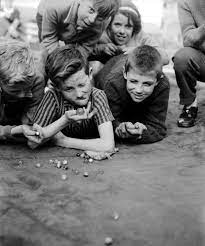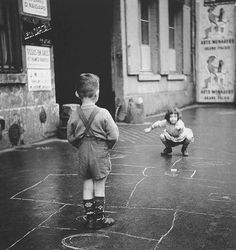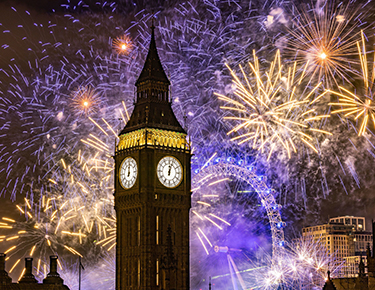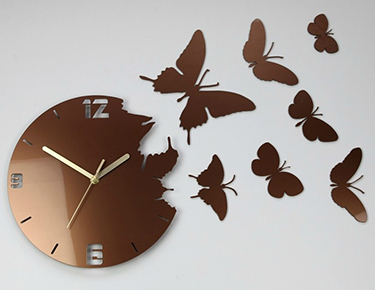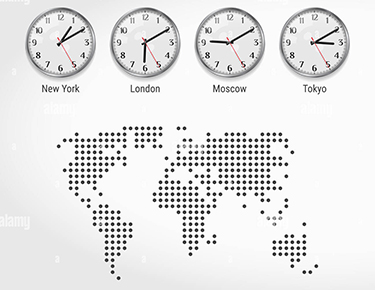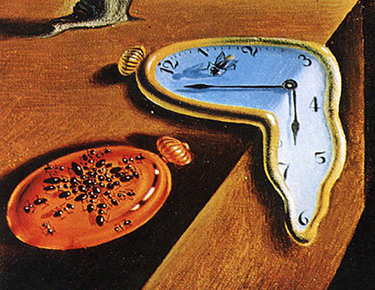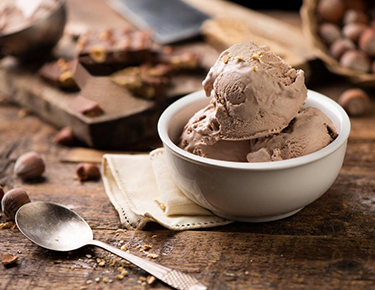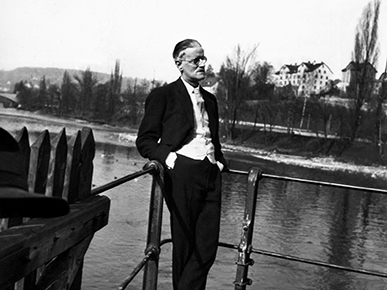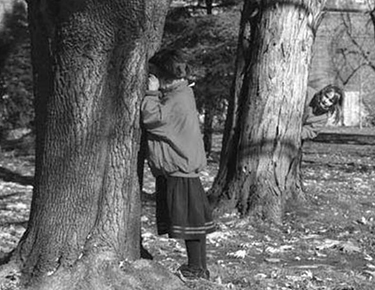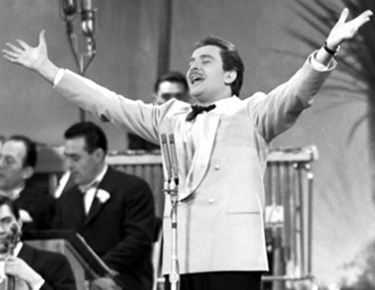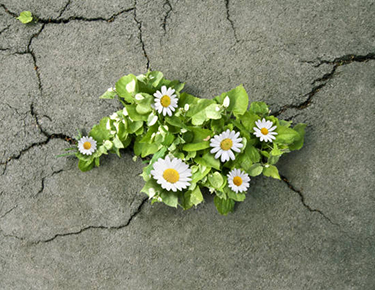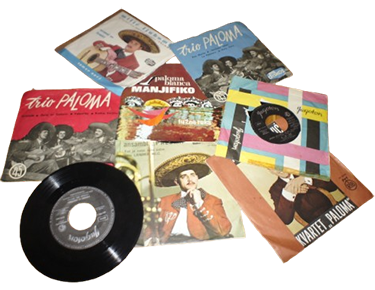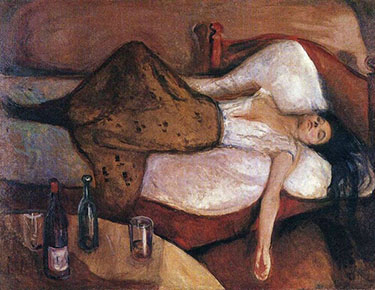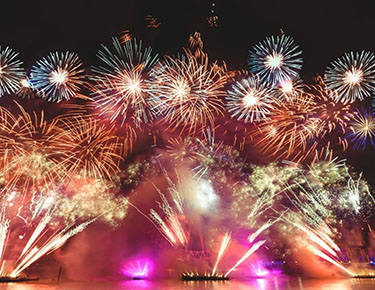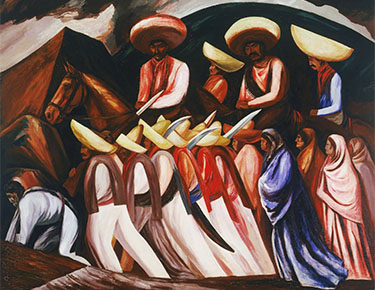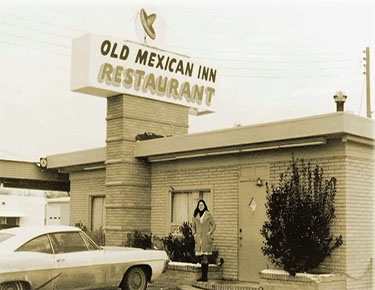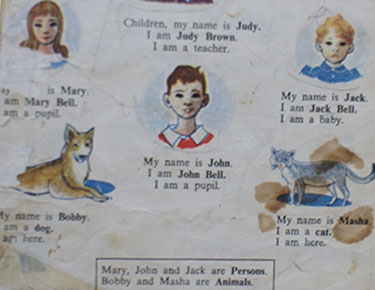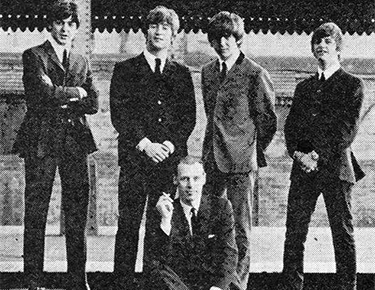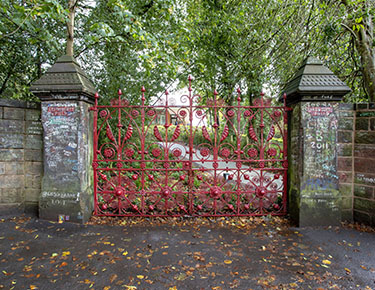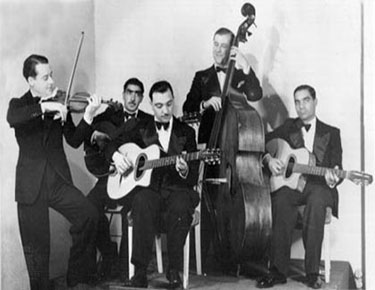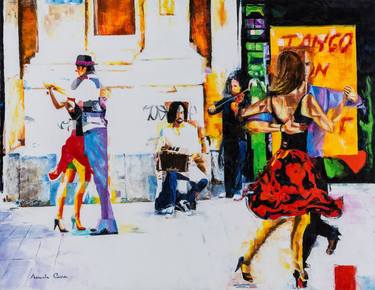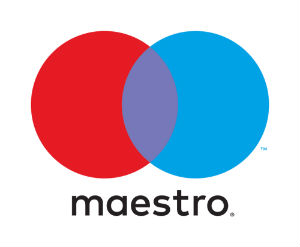"As the music is, so is the state." – Plato
What would the world be like without music? If there wasn’t music, would life be a mistake, as Nietzsche used to say, or would we have a way to cope with pain, as Bob Marley claimed? Music has marked my upbringing, generally my life, and I can’t imagine a day without it. Not just a day, but a mere moment. And truly, nothing in this world can be as wonderful to fill the silence as music, and I can also state, on a personal level, that it heals too, but that’s a completely different story.
It was the late 50s, a time when in Yugoslavia, after the big storms, it was easier to breathe and some new winds blew from the West, from Italy. As a child, I used to hang out in my courtyard from morning until night, always caught up in some games. From one of the apartments, through an open window, you could hear the song:
Voooolareeee ooooo, Cantare ooooo
There was so much joy in that singing of ours and the song itself, so much that it wasn’t important that we had no idea what it was about, because as I said, songs are most beautiful in Italian even when you don’t speak the language. For example, say that name – Domeeeeeenico Modugno! Doesn’t it sound to you like you’re singing? 😊That Italian singer, song writer, actor, guitarist, and later member of the Italian parliament, earned world fame in 1958 with the song mentioned above - „Nel blu dipinto di blu” („Volare”), which won two Grammy Awards as a worldwide hit. Sold in more than 22 million copies, the song Volare represented Italy in the Eurovision song contest in 1958.
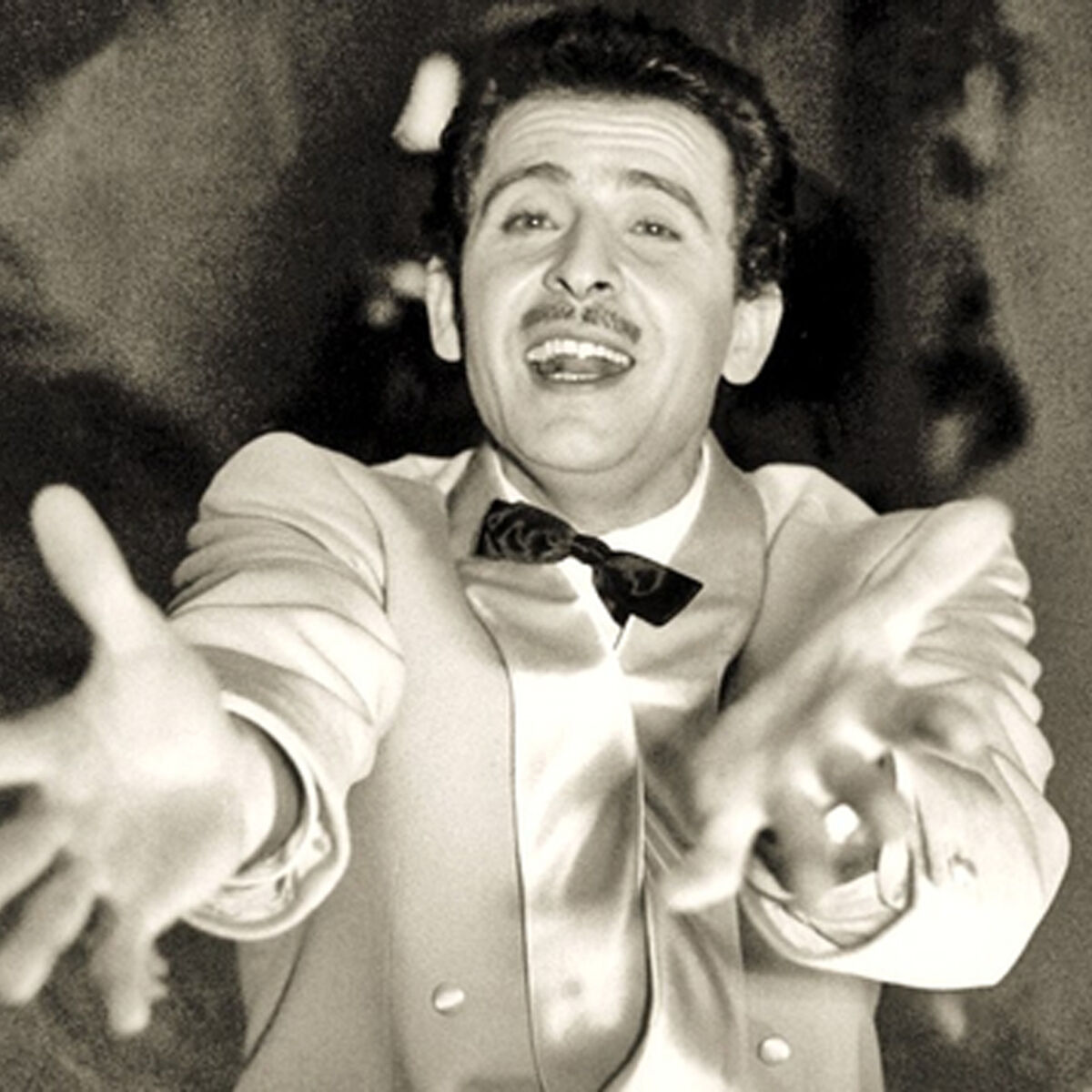
And what message does the song „Volare “carry? It’s very simple, it leads us to dream with eyes wide open. The lyrics, which I understood later, tell a story about the joy of dreaming and the freedom that comes with that dream, because in every dream we can fly off to wherever we like. Volare means exactly that- „flying“, flying with the joy that comes out of this metaphor. The dream that the song is inviting us into is so alive that Domenico doubts that anyone is ever going to want to return. Domenico is inviting us to dive into a dream as blue as the sky and reach the feeling of unlimited freedom. Volare isn’t just a song about ordinary flying. It’s a metaphor for overcoming everyday routine and making all the dreams we want come true. And what could we, in a country that was destroyed by war, possibly want more than to live life ahead of us in peace, the one so many gave theirs for. To fly in a better and more beautiful future, filled with color. The song spreads optimism, a longing for freedom, that deep human yearning which is now more present than ever. The fact that the song was translated into multiple languages and performed countless times by famous singers across the world speaks about its worldwide popularity and universal message which found its place into the hearts of people across the planet, inviting us to dream of the highest heights with the melody we carry in ourselves.
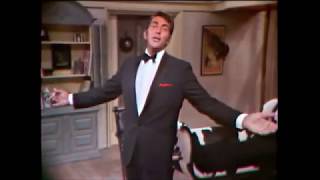
Volare is the most famous Italian song in the last 100 years, apart from maybe O sole mio, state the experts. Apart from Domenico Modugno, Volare was performed by many famous stars, so that the song got many famous versions. It was performed by Al Martino, David Bowie, Gipsy Kings, Dean Martin, Engelbert Humperdinck, Barry White... And they sang it as if it were their own.
Dean Martin’s version, released in 1958, instantly became a classic and played a key role in boosting the song’s popularity in the USA. Relaxed, smooth voice, tuxedo, a glass of whiskey somewhere, a cigarette burning in the ashtray… nonchalant interpretation, charm and elegance, the type only Din Martin had, define his version of Volare.
.
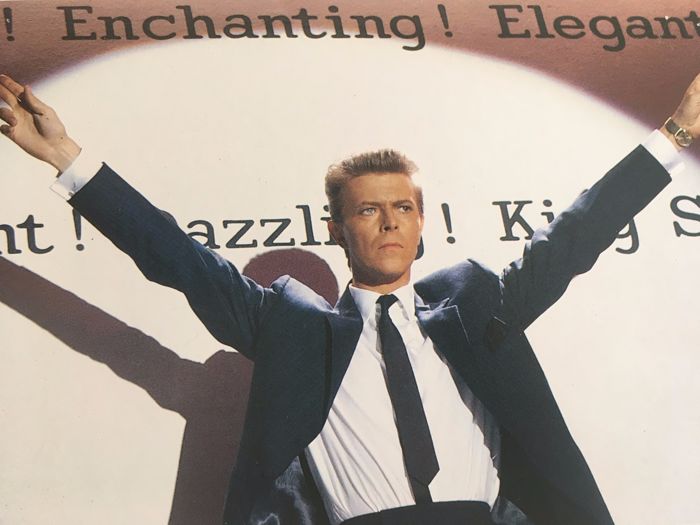
influenced by salsa and infused with pop, created a version to remember. They, the embodiment of freedom, with a catchy rhythm composed of rumba, flamenco and salsa, made a version as though it came straight from Catalonia, the land whose music they preserve. Bob Dylan describes the song Volare, for which he calls a utopia colored in blue, as the first pop psychedelic ever written, even before White Rabbit, by the band Jefferson Airplane. In that sense we can listen to the version brought to us by David Bowie While the soul version was gifted to us by the unrepeatable Barry White
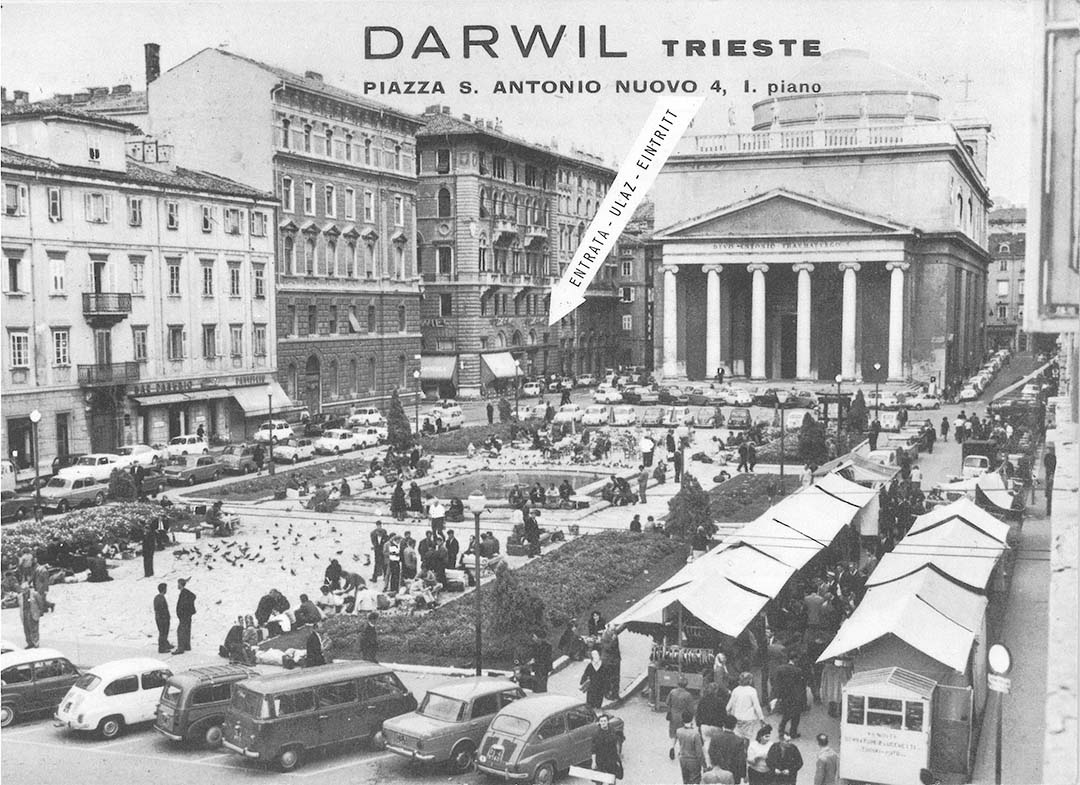
I wrote in one of my previous blogs about how new music from the West and new culture reached me in a socialistic country. A crucially important place in my heart belongs to Italy and I will tell you more about that separately. This isn’t just because a geographical border connected us, the Mediterranean region we shared or the “Trieste is ours” history, but because without it I wouldn’t be who I am today.
Both the Gypsy Kings, who are offering us a pop-flamenco version of Volare from their own backyard, and Dean Martin who, with a glass of whiskey in his hand, sings to you with a wet look in his eyes, and even that soul of Berry White and cool of David Bowie, all of this is their personal flight; only Domenico Modugno’s Volare was a universal flight, one we all shared.
Since then, there were a few periods when the whole world sang one song, but never with such enthusiasm and never quite a song like that one. The whole world sang and flew, together through the blue clouds of dreams, towards freedom. The whole world and us with it. That summer, when we sang Volare in our courtyard, was the best summer of our lives. The best summer when Belgrade felt like the world too.
Dear music, thanks for being there when no one was.
JJ Beba

